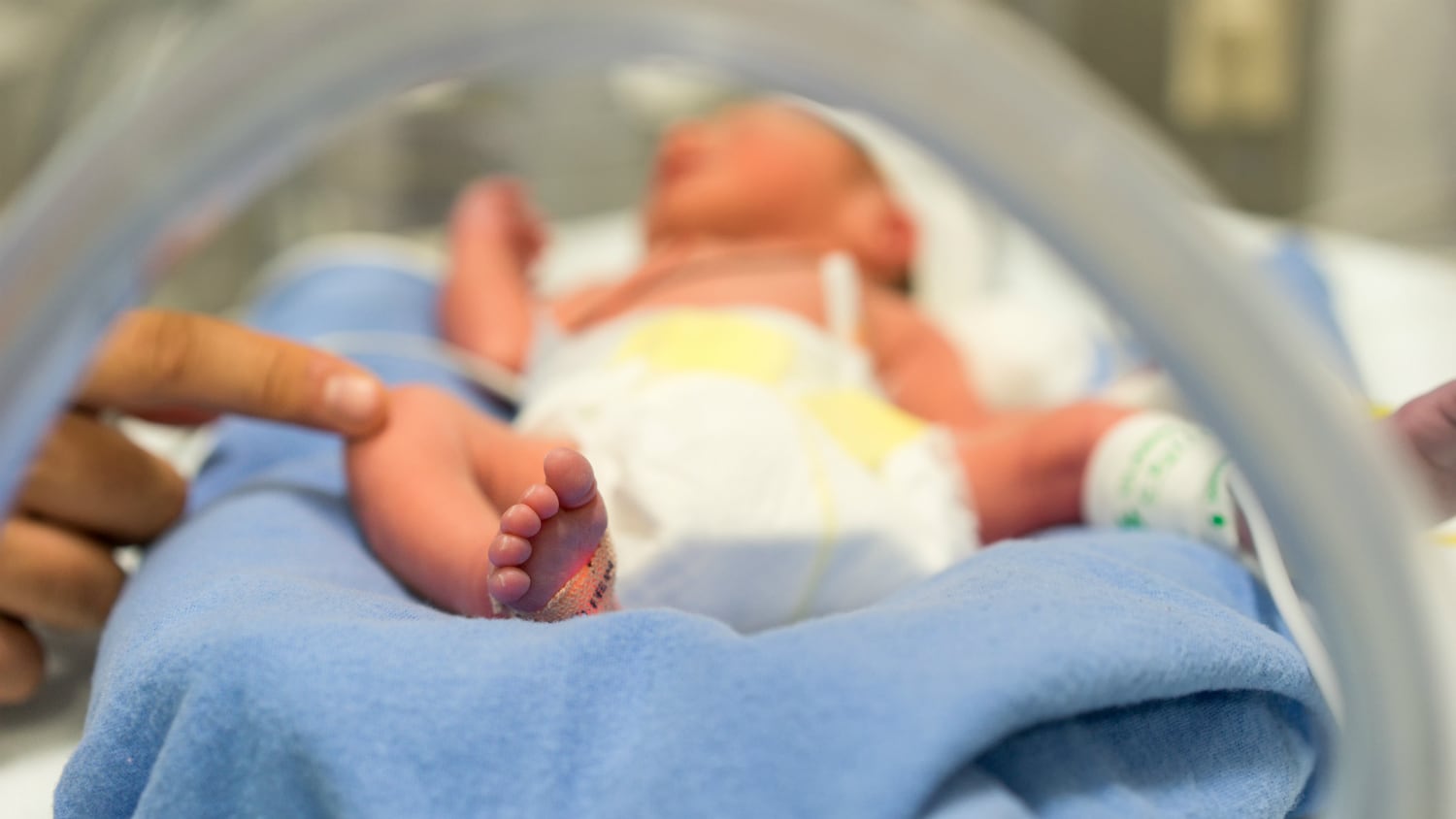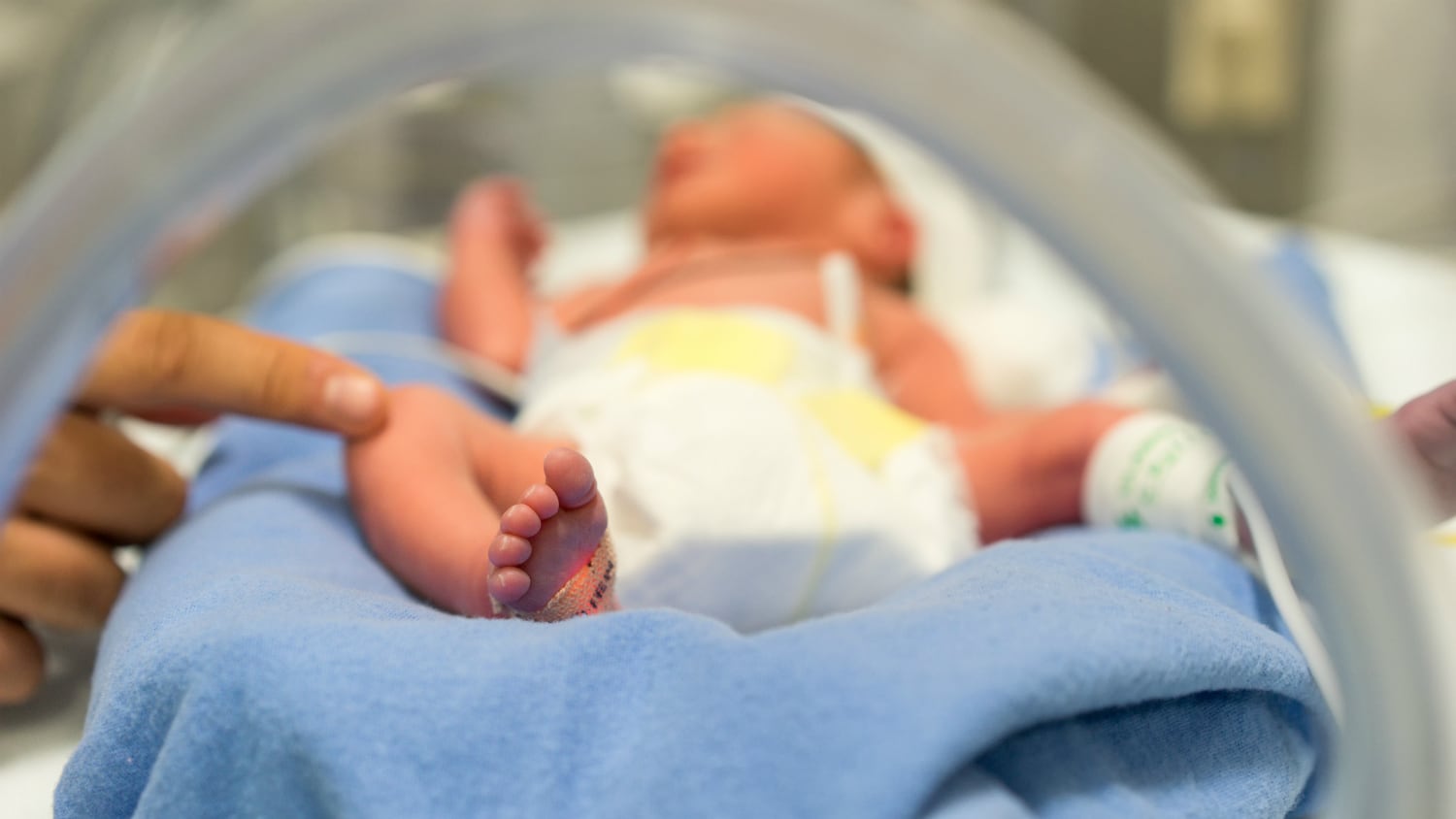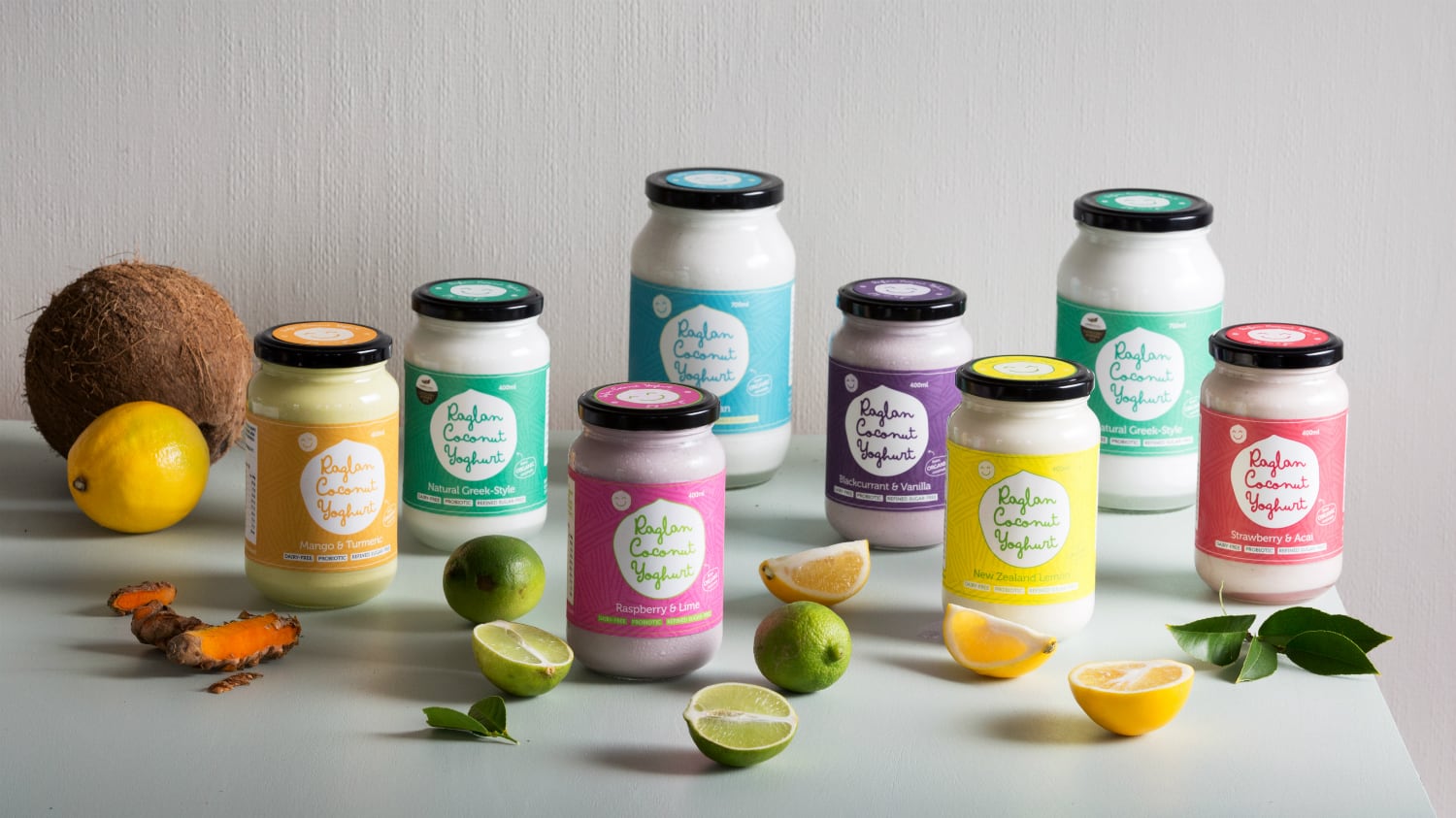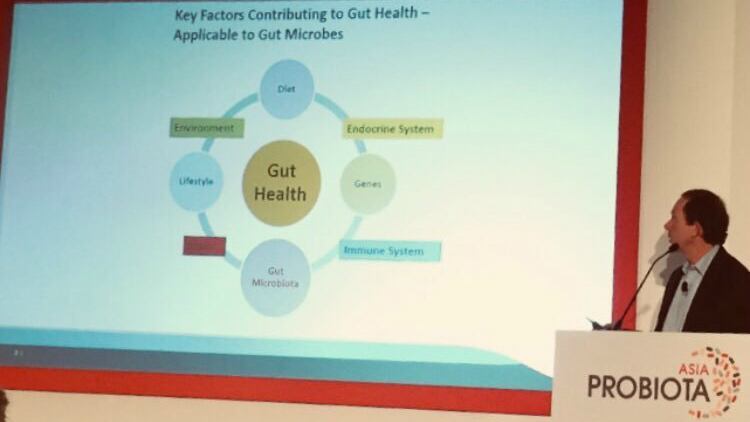The ProPrems trial was a multi-centre, double-blind RCT that reported a 54% reduction in NEC after probiotic supplementation (Bifidobacterium longum subsp. infantis BB-02, Streptococcus thermophilus TH-4 and Bifidobacterium animalis subsp. lactis BB-12) in 1,099 infants weighing under 1.5kg and born before a full 32 weeks' gestation.
Based on the trial, researchers at Australia's Royal Women's Hospital and Royal Children's Hospital conducted a sub-study to investigate the impact of probiotic supplementation on the gut microbiota of a cohort of highly pre-term infants in ProPrems.
They included 66 infants that were representative of the entire ProPrems cohort in terms of its demographic characteristics, such as gender, birth weight, gestational age and C-section delivery.
The advantage of abundance
They reported that Bifidobacterium was found in higher abundance in infants who had been given the probiotics as compared to those in the placebo group.
In addition, the lactic acid bacteria genus Enterococcus was found to be reduced in infants who had received the probiotic during the supplementation.
However, the rate of NEC was lower in the sub-study population, with one infant in the sub-study developing NEC compared to 35 infants in the wider ProPrems cohort.
Still, the researchers wrote: "Nevertheless, it is noteworthy that the increased abundance of Bifidobacterium in probiotic-supplemented infants was only observed during the supplementation period.
"This may suggest that increased abundance of Bifidobacterium when the gut and immune system are most immature is important in reducing the risk of NEC in very preterm infants."
In addition, though there was a difference in the abundance of Bifidobacterium between the allocation groups, the same was not seen in the case of Streptococcus.
The was despite the probiotic containing both Bifidobacterium and Streptococcus, and the prevalence of the latter was higher in the treatment group than in the placebo group.
The researchers hypothesised that this suggested that Bifidobacterium had a "more intimate reaction" with the gut mucosa than Streptococcus did.
The greater abundance of Bifidobacterium than Streptococcus might also have been due to the former being in greater quantity in the probiotic formulation than the latter.
Birth and bacteria
The researchers wrote that the gene sequencing used in the study was a limitation as it prevented them from determining if the increase in Bifidobacterium in the supplemented infants contained the BB-12 and BB-2 strains.
At the same time, the infants in the study contributed variable numbers of specimens, meaning colonisation patterns could not be established for all of them. Furthermore, the only 11 specimens collected prior to supplementation could be used for analysis.
This meant it was impossible to know if there was a difference between the gut microbiota of the infants between the two groups before supplementation
Additionally, the 66 infants included in the sub-study represented only a small proportion of the 1,099 infants in the ProPrems trial. Though the former was demographically representative of the latter, they did have a lower incidence of NEC, with only one infant developing the condition.
The researchers were therefore unable to compare the gut microbiota of afflicted infants with those who remained healthy.
In conclusion, the researchers wrote: "Probiotic supplementation with BB-02, BB-12, and TH-4 increased the abundance of Bifidobacterium in the gut microbiota of very pre-term infants during probiotic supplementation. Increased abundance of Bifidobacterium shortly after birth may be protective against NEC.
"A detailed understanding of the impact of probiotic supplementation on the gut microbiota at a strain level is required, given that current research has highlighted that selecting the appropriate Bifidobacterium strain(s) for probiotic supplementation in very pre-term infants is crucial."
Source: BMC Microbiology
https://doi.org/10.1186/s12866-018-1326-1
"Gut microbiota of preterm infants supplemented with probiotics: sub-study of the ProPrems trial"
Authors: Erica L. Plummer, et al.




